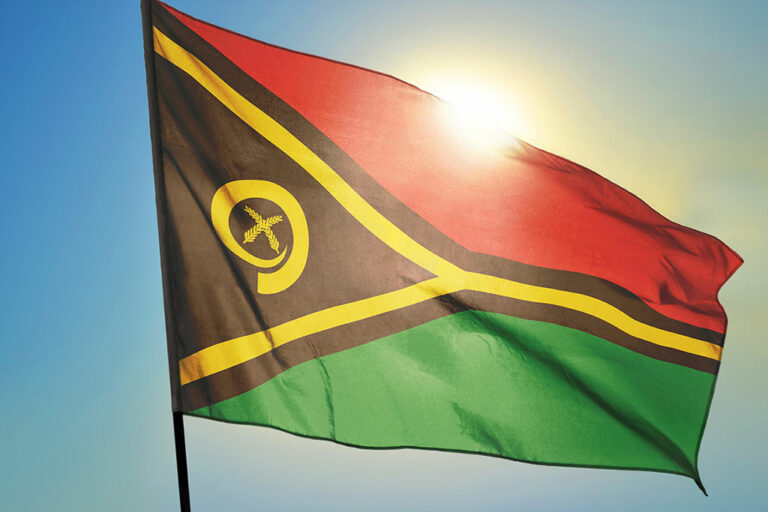The proposed bill outlines a five-tier licensing system for VASPs. It classifies service providers based on their roles, such as allowing the exchange of cryptocurrencies for fiat or offering crypto custody services.
The South Pacific island of Vanuatu aims to become a prominent player in the global crypto sector with the imminent passage of a long-awaited digital asset bill. The bill is expected to be passed in September 2024, marking a significant step towards legitimizing crypto businesses and fostering economic growth within the island nation.
Attending the digital assets symposium on June 27, Branan Karae, Commissioner of the Vanuatu Financial Services Commission (VFSC), shared his positive remarks regarding bill approval in the first week of parliament.
The bill, first introduced in 2020, faced delays due to government changes but is now on track for approval. Once passed, it will create a clear system for licensing and registering Virtual Asset Service Providers (VASPs) in Vanuatu.
The regulatory framework is vital for Vanuatu to meet international standards set by the Financial Action Task Force (FATF). The FATF guidelines require countries to manage risks associated with cryptocurrency activities. Loretta Joseph, the VFSC policy consultant, stressed that no country could ignore these requirements.
Bill Enforces Stricter Crypto Oversight
The proposed bill outlines a five-tier licensing system for VASPs. It classifies service providers based on their roles, such as allowing the exchange of cryptocurrencies for fiat or offering crypto custody services. The VFSC will act as the regulatory body, overseeing VASP activities and ensuring adherence to Anti-Money Laundering (AML) and Counter-Terrorism Financing (CTF) regulations.
The act grants the VFSC Commissioner authority to veto licenses and appoint inspectors to conduct compliance checks. To promote innovation, the bill includes a “Fintech Sandbox Utility”. This program allows companies applying for VASP licenses to operate without a formal license for a 12-month trial period.
Failure to comply with the act can result in hefty penalties. Individuals face fines of up to 25 million Vanuatu vatu (approximately $207.7 million) or 15 years imprisonment. Corporations risk fines exceeding $2.1 million.
Crypto Bill Propels Vanuatu Growth
Proponents of the bill believe it can be a catalyst for economic prosperity in Vanuatu:
“They’re islands, they can’t build cars, can’t build a car manufacturing unit,” explained Joseph. “These jurisdictions, which become offshore financial centers, play a very important role in economic traffic and moving money around.”
In 2022, Vanuatu’s GDP was $1.1 billion, according to the World Bank. The country mainly has an agricultural economy. However, its status as a tax haven and international financial center gives it a strong position to benefit from the cryptocurrency sector. Over 2,300 registered institutions already provide various financial services in Vanuatu.
next